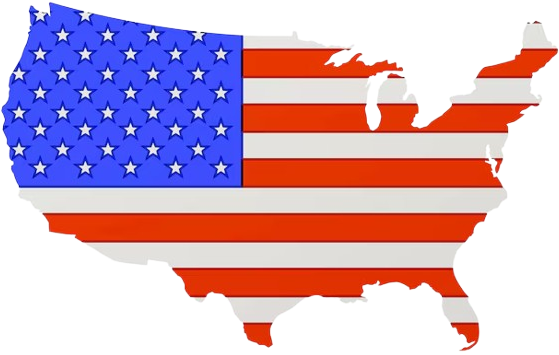Mineral spirits, a common solvent used in various industrial and household applications, require careful handling during shipping due to their flammable nature. When transporting mineral spirits within the United States and Canada, choosing between Less Than Truckload (LTL) and Full Truckload (FTL) services is crucial for balancing cost, safety, and efficiency. In this article, we'll explore the best practices and considerations for shipping mineral spirits using these freight services.
Understanding Mineral Spirits Shipping
Mineral spirits, also known as white spirits, are hydrocarbons used in painting, cleaning, and other industrial processes. Their flammable properties categorize them under hazardous materials, significantly impacting shipping methods and associated regulations.
Choosing the Right Freight Service
Selecting between LTL and FTL services depends on shipment size, frequency, and urgency. Here's a closer look at each option.
Less Than Truckload (LTL) Freight
LTL freight is ideal for shipping smaller quantities of mineral spirits, typically ranging from a single pallet to 15,000 pounds. This method allows multiple shipments to share space on a single truck, reducing costs. However, LTL freight may take longer due to multiple stops and transfers, increasing exposure to handling risks.
- Ensure your mineral spirits are properly packaged in approved containers.
- Secure containers on pallets to prevent shifting during transit.
- Utilize our Freight Class Calculator for accurate pricing.
- Label shipments clearly as hazardous material.
- Verify carriers specialize in hazardous material transport.
Full Truckload (FTL) Freight
FTL freight is preferred when shipping larger volumes of mineral spirits that can fill an entire truck. This method offers a direct shipping route, minimizing handling and reducing transit time. FTL is more expensive but provides higher security and reduces the risk of contamination with other goods.
- Choose a carrier experienced in hazardous materials transportation.
- Consider temperature-controlled trailers if temperature sensitivity is a concern.
- Plan for efficient loading/unloading procedures to minimize delays.
- Use properly certified transport vehicles for hazardous goods.
- Assess route permits for hazardous freight.
Important Safety Protocols
Safety is paramount when shipping mineral spirits. Ensure compliance with federal and state regulations, including proper labeling and documentation. Training handlers in safe loading, unloading, and emergency response procedures is vital.
Cost Factors to Consider
Several factors influence the cost of shipping mineral spirits, such as shipment size, weight, distance, and hazard classification. Additionally, the choice of freight type (LTL vs. FTL) and any special handling requirements increase costs. Utilize our Freight Quote Tool to estimate expenses accurately.
Get Personalized Assistance for Shipping Mineral Spirits
Navigating the intricacies of shipping mineral spirits safely requires expertise. Our team is ready to assist with tailored solutions to meet your specific needs. Get a quote today, call us at 877-345-3838 or email support@freightsidekick.com.











